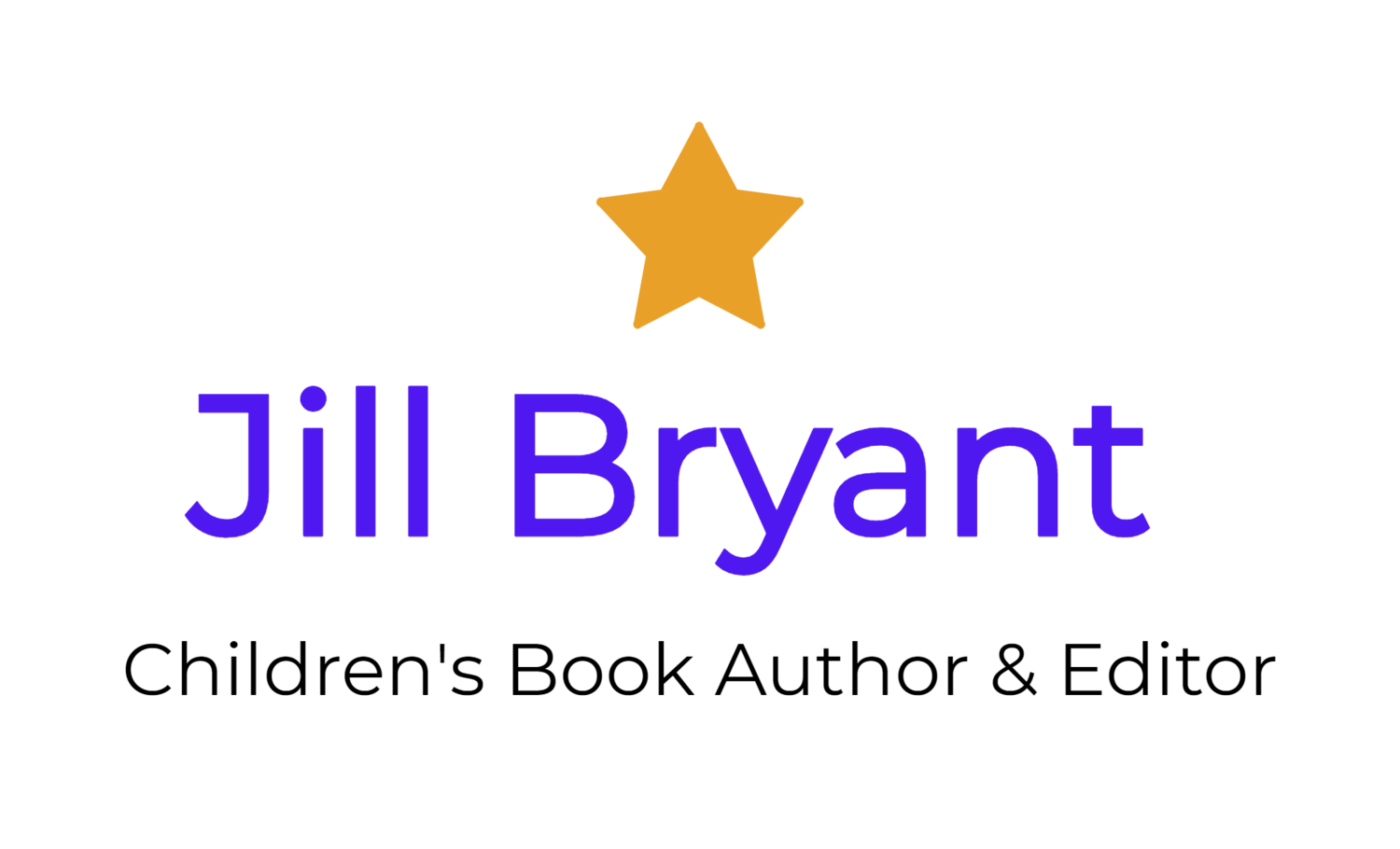I'm grateful that my own kids, both teenagers, are avid readers. My mom says, "you can't go wrong, if you're a reader." It's true that books can help you soldier through some of the challenges life throws your way, giving you a wonderful escape and a reprieve from the hum-drum and the ordinary. My kids have become accustomed to my taking an interest in what they are reading. I ask, good naturedly, I'm sure, "is that Canadian?" They roll their eyes in response and groan, "Mom!" Somewhat exasperated by my relentless advocating for Canadian literary talent, they, like their avid-reader peers, often gravitate to the blockbuster books: Divergent, Percy Jackson, Harry Potter, the Hunger Games, the Lunar Chronicles, and His Dark Materials. I'm always delighted when a Canadian title makes it into their stack of books and receives their rapt attention. The Bone books, the Breadwinner series, Seraphina, the Silverwing Saga, the Agency series and various titles by Janet McNaughton, Sharon McKay, Budge Wilson, Janet Wilson. My eldest daughter shelves her books according to "awesome girls" and "pretty covers" on Goodreads. It great to know that strong female characters are high on her list.
Here are her stats on where the stories she's read in the past year took place:
USA: 19 (one had a scene that took place in Canada)
England: 11
Continental Europe: 12
Africa: 1
Asia: 2
Fictional land: 4
The Opinion piece in the Fall 2014 issue of Canadian Children's Book News, entitled "Who will write our stories?," really got me thinking more about the value of home-grown books for kids. It's important that kids have books to read that speak to the places they live and the sort of everyday reality they face. And it's great for kids to have access to local writers through book talks in schools and public libraries. The author of this article, Nadia L. Hohn, is an educator in Toronto, and also an author with three forthcoming children's books (with Rubicon Publishing and Groundwood Books). Her heritage is Caribbean Canadian. Hohn refers to a blog post by author Dr. Zetta Elliott, entitled "Black Canadian children's literature ~ the stats." This post contains an excellent list of Canadian books about black children; it includes books written by Caucasian authors, a trend that keeps Hohn awake at night. In the same way that it's important to nurture new Canadian talent in the sphere of children's and young adult literature, so too is it vital to make sure all our voices are heard. Diversity in and among our authors and illustrators is sure to extend the reach of our literature across racial, cultural, economic, religious, and social boundaries.
In writing three books in The Women's Hall of Fame Series (Second Story Press), I had the good fortune to to research, write, and publish biographical profiles that feature women from different parts of the world and from different times in history. I sought out talented and exceptional women to highlight and revere as excellent role models. In Amazing Women Athletes, I wrote about tennis stars Venus and Serena Williams. Recently in Phenomenal Female Entrepreneurs, I featured Susan Mashibe, a Tanzanian aviation entrepreneur and pilot. My own background and experiences often differed greatly from those I featured, which meant I had to research thoroughly and not only about the individual's life, but also about the culture in which they were raised. I find this kind of research fascinating and it's no surprise that I also love to travel and learn about other cultures. I'm sure my own experiences backpacking in India and other parts of Asia have had a huge influence on the way I write and perceive the world. But, having said all that, there is certainly a special place that must be nurtured in fiction, especially, for the voices that have lived and breathed the experiences of various cultural backgrounds. When marginalized groups, such as blacks, indigenous peoples, and the physically challenged, tell their own stories in their words and when these stories are published and released into the world, more children will smile and read with a "hunger" -- as Nadia Hohn recalls she did as a child when she discovered books by African American authors.
Hohn wrote, "I didn't want to become the 'black' representative, or some shining example of diversity. What I wanted, needed really, was to become an integral and valued part of the mosaic that I saw around me."
Beautifully said.


